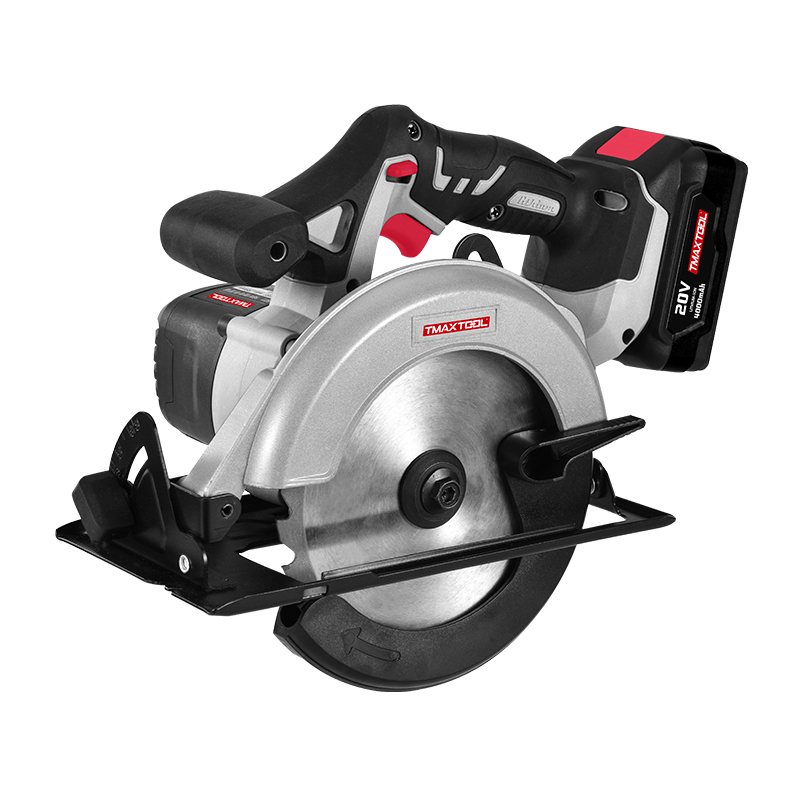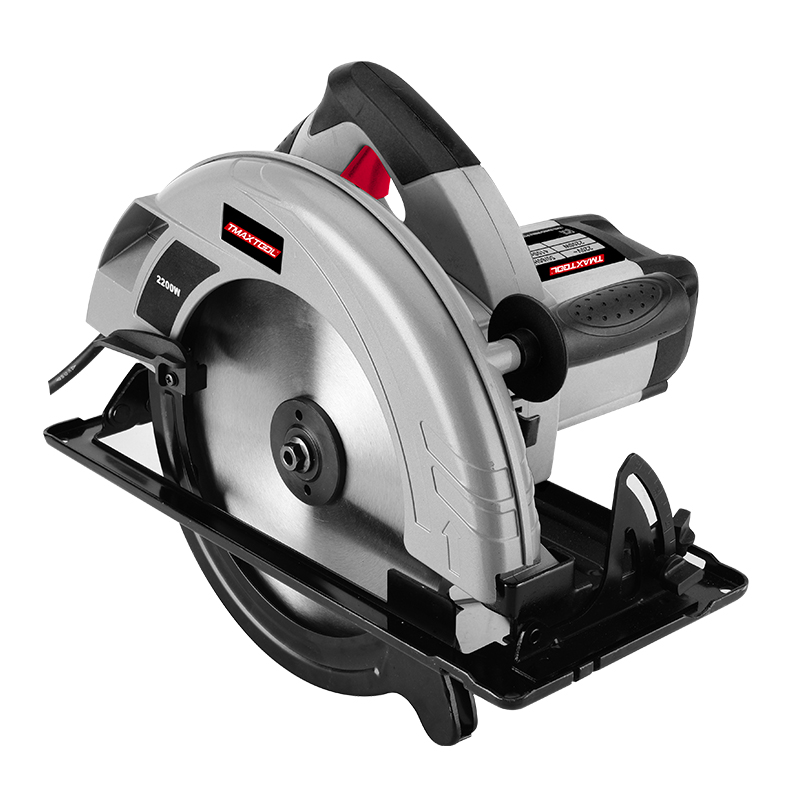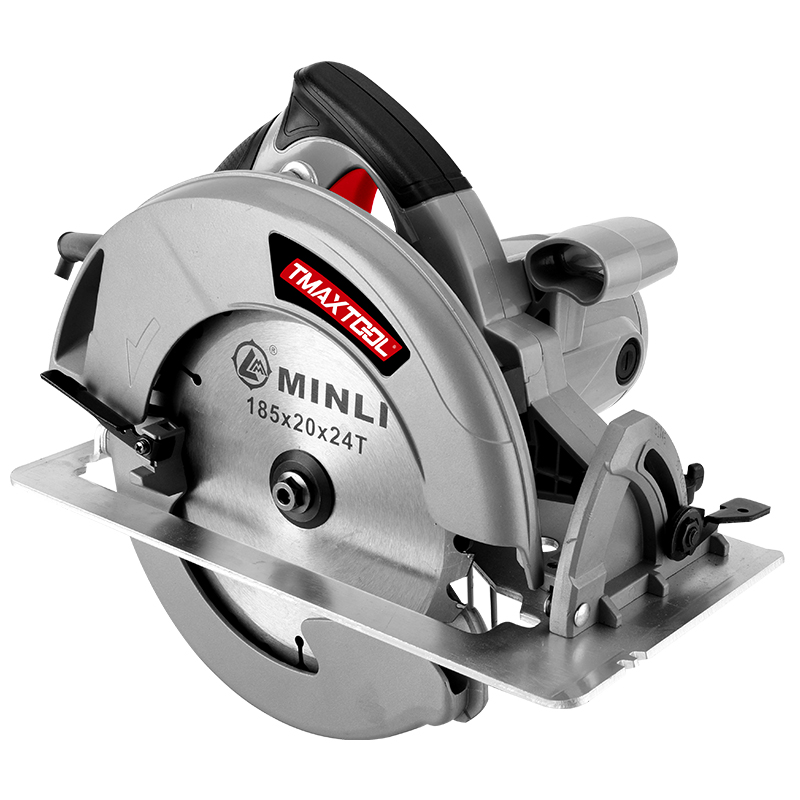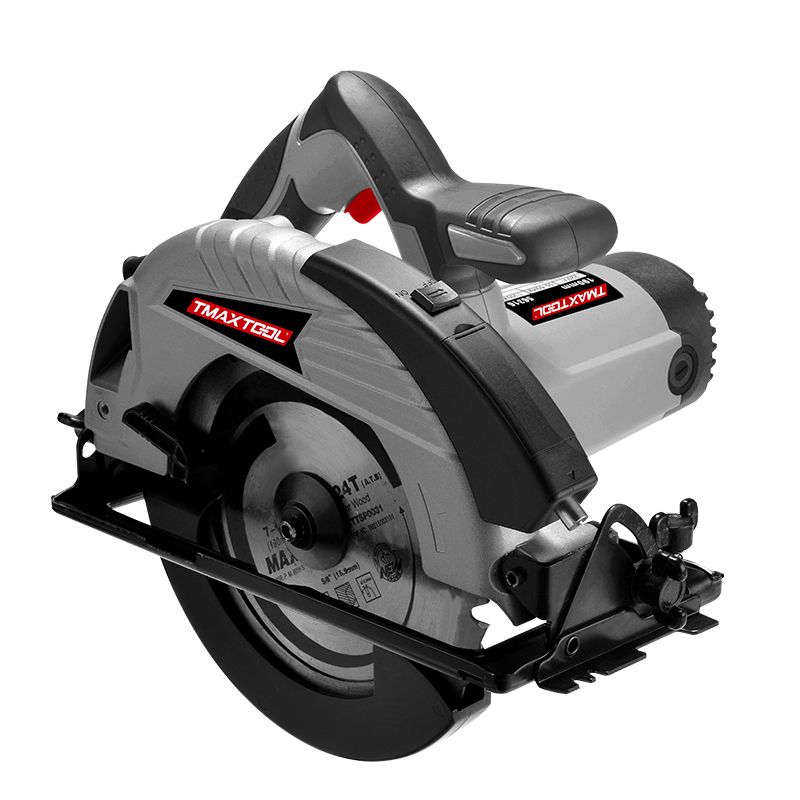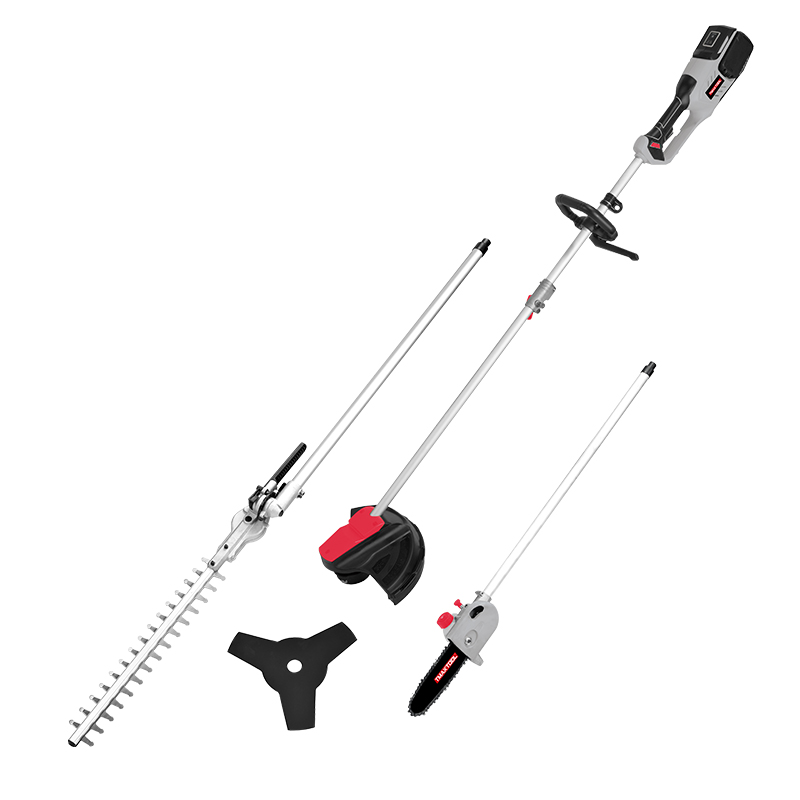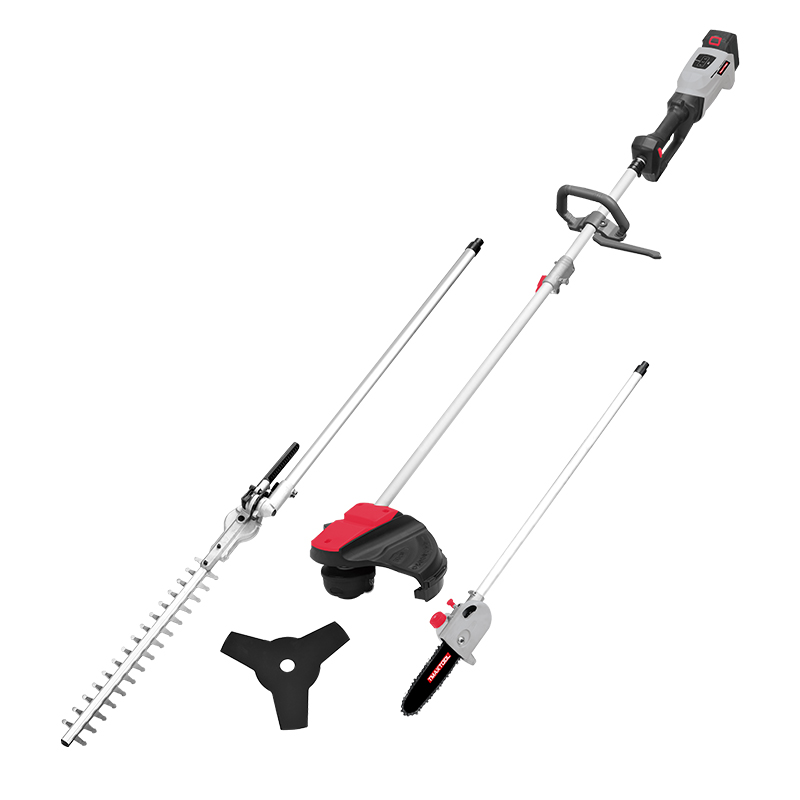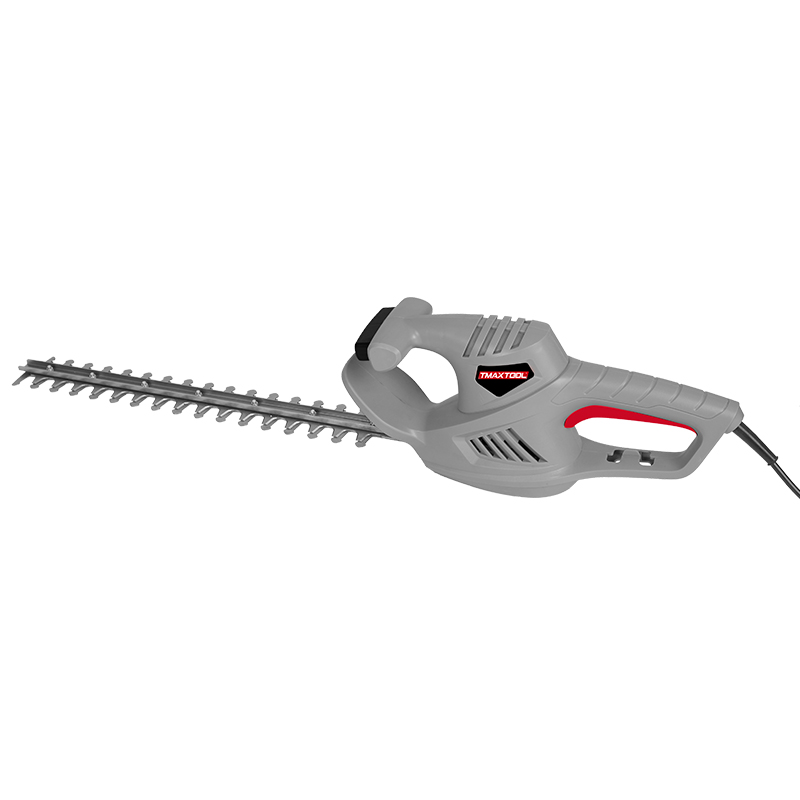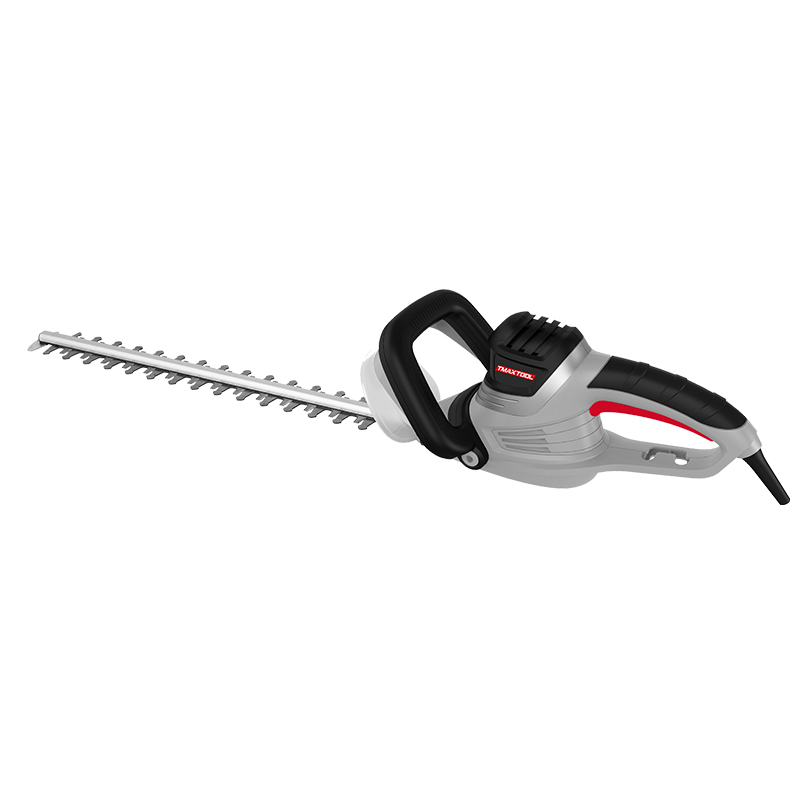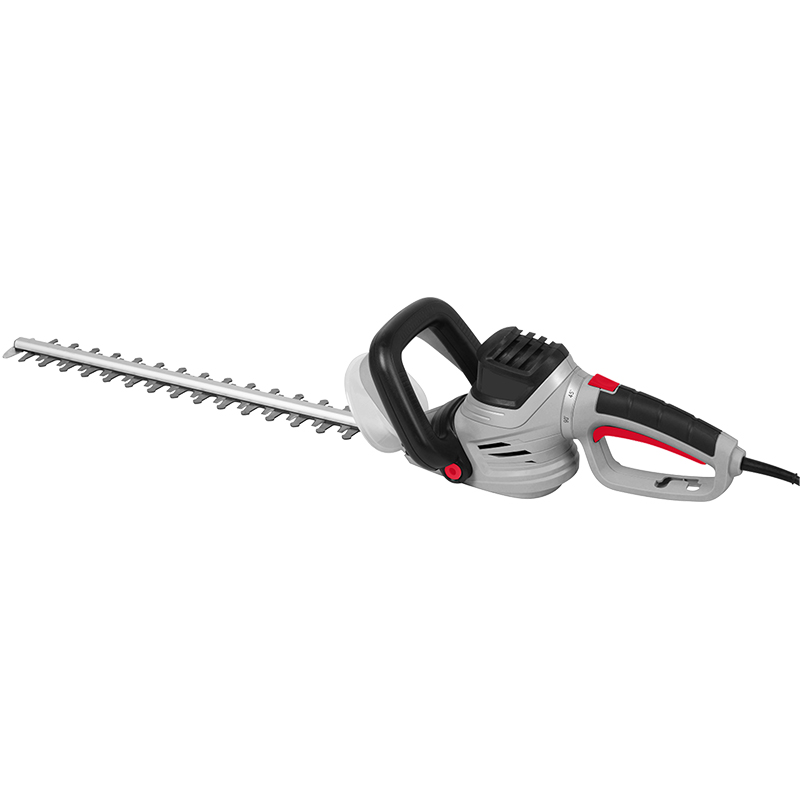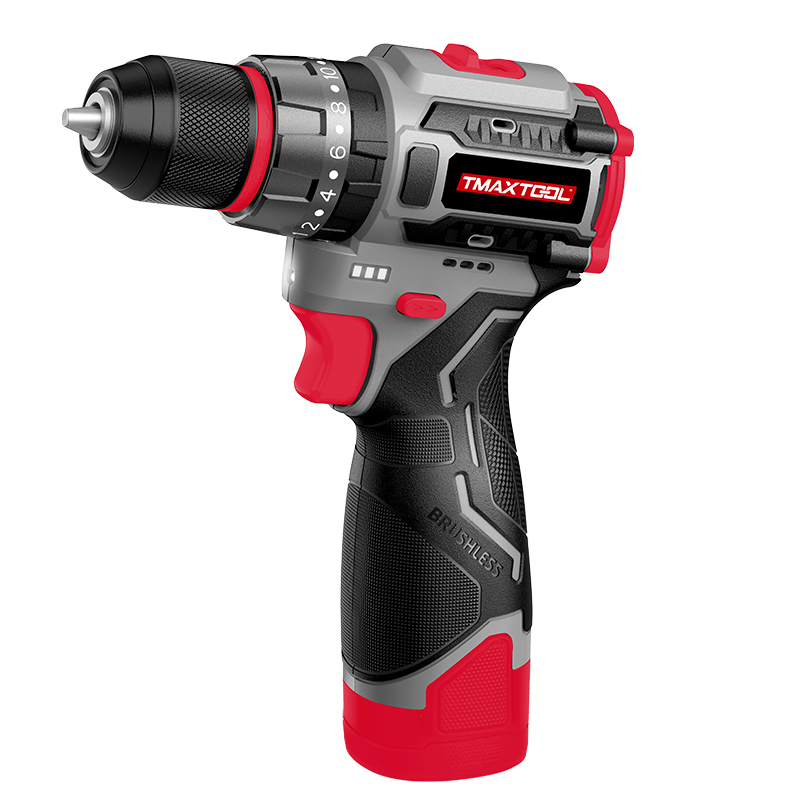20V Lithium battery cordless Impact drill
product DETAILS
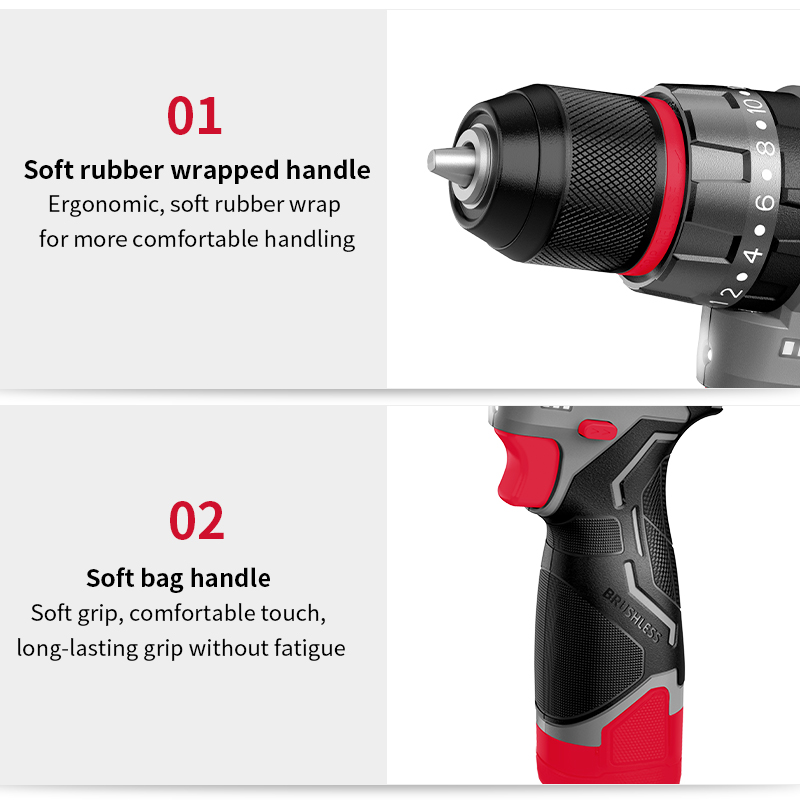

product description
Lithium-ion (Li-ion) batteries are commonly used in cordless drills due to their high energy density, lightweight, and rechargeable nature. While there aren't distinct "types" of lithium drill batteries in the same sense as, say, alkaline and nickel-metal hydride (NiMH) batteries, there are variations in lithium-ion batteries used in drills based on their chemistry and design. Here are some common types:
Standard Lithium-ion (Li-ion) Batteries: These are the most common type found in cordless drills. They offer good energy density and can be recharged numerous times.
High-Capacity Lithium-ion Batteries: These batteries have higher energy storage capacity compared to standard lithium-ion batteries, allowing for longer use between charges. They are typically larger and may add some weight to the drill.
Fast-Charge Lithium-ion Batteries: These batteries are designed to recharge more quickly than standard lithium-ion batteries, reducing downtime between uses. They often incorporate special charging technology to achieve faster charging rates.
Smart Lithium-ion Batteries: Some lithium-ion batteries for drills come with built-in smart features such as cell monitoring, temperature control, and communication with the drill or charger for optimized performance and safety.
Multi-Voltage Lithium-ion Batteries: These batteries are designed to work with drills that operate at different voltage levels. They may have switchable voltage settings or be compatible with multiple voltage platforms from the same manufacturer.
Lithium Polymer (LiPo) Batteries: Though less common in drills, lithium polymer batteries offer higher energy density and can be shaped to fit specific tool designs more efficiently. However, they require specialized handling and charging techniques due to their different chemistry.
Each type of lithium drill battery has its advantages and disadvantages, and the choice depends on factors like cost, performance requirements, and compatibility with the drill model.
Overall, lithium-ion batteries are the preferred choice for cordless drills and many other portable electronic devices due to their combination of high energy density, rechargeability, and relatively low weight.

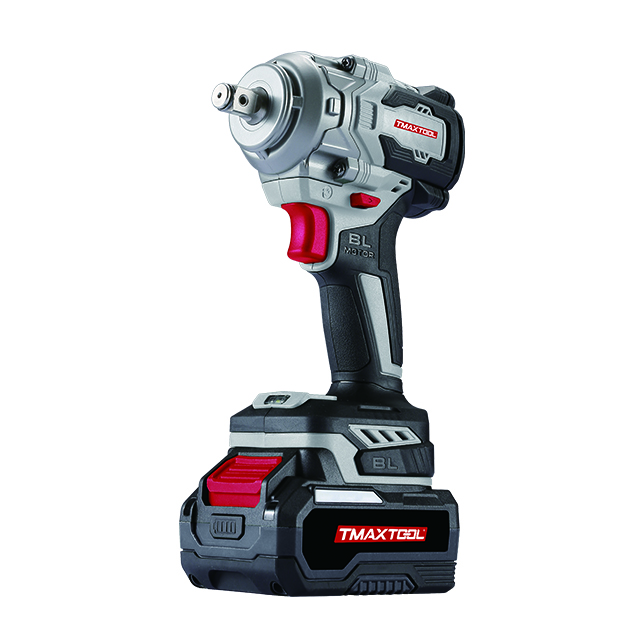 Impact Wrench
Impact Wrench
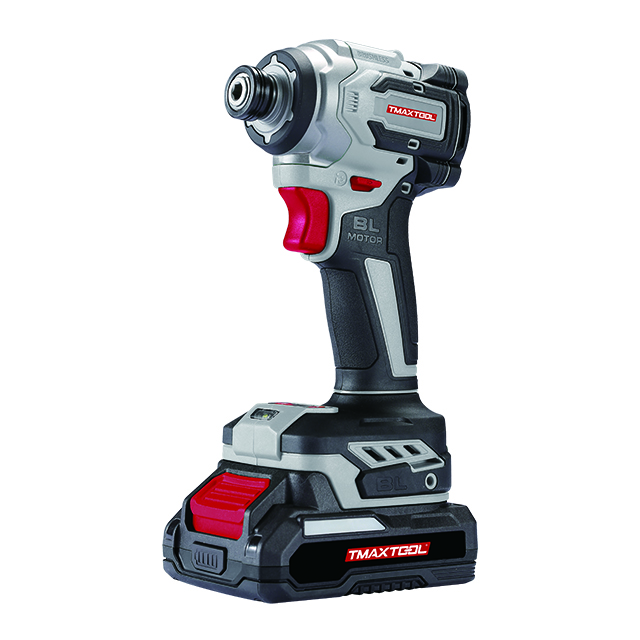 Screwdriver
Screwdriver
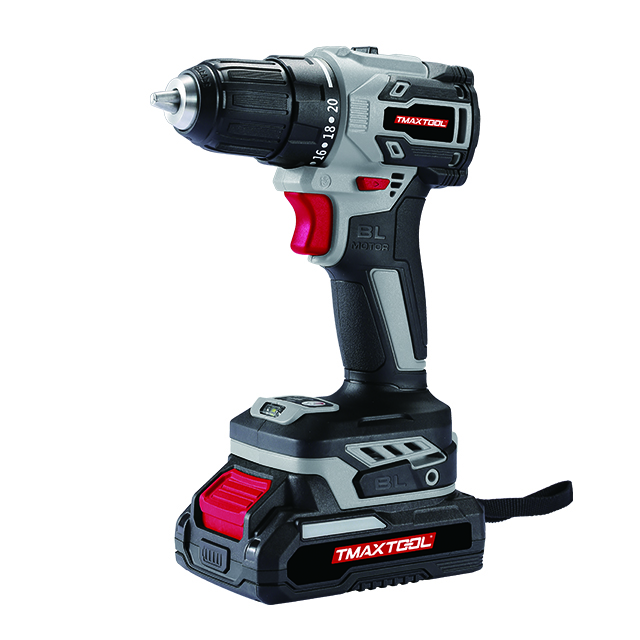 Cordless Drill
Cordless Drill
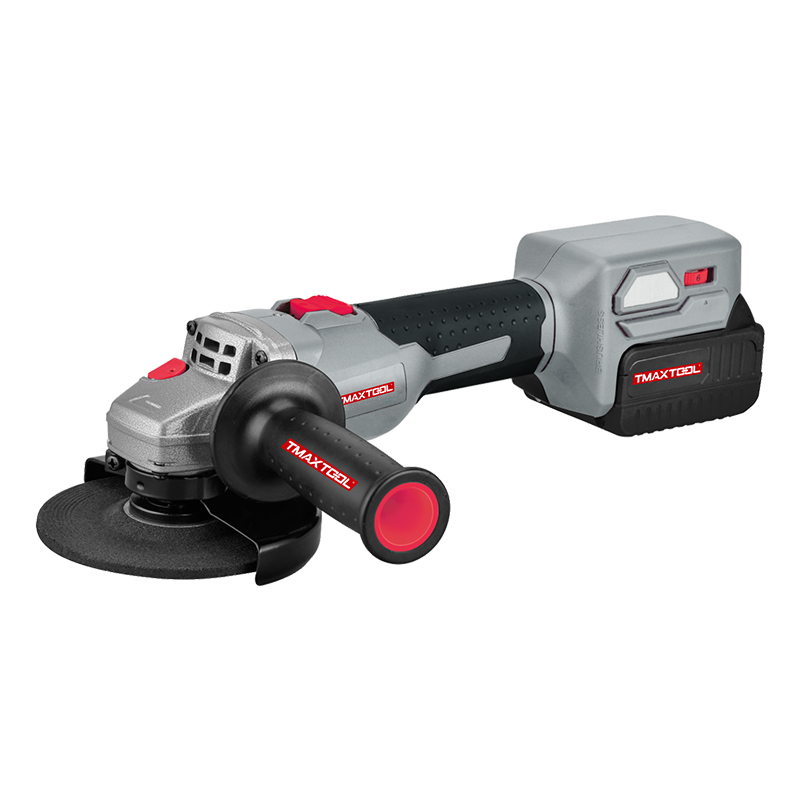 Angle Grinder
Angle Grinder
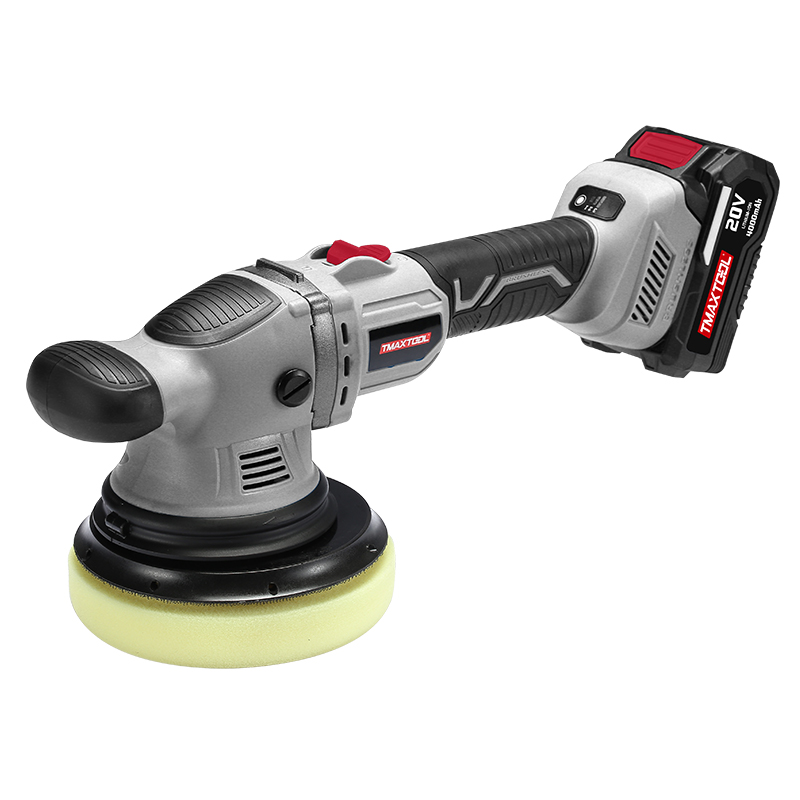 Polisher
Polisher
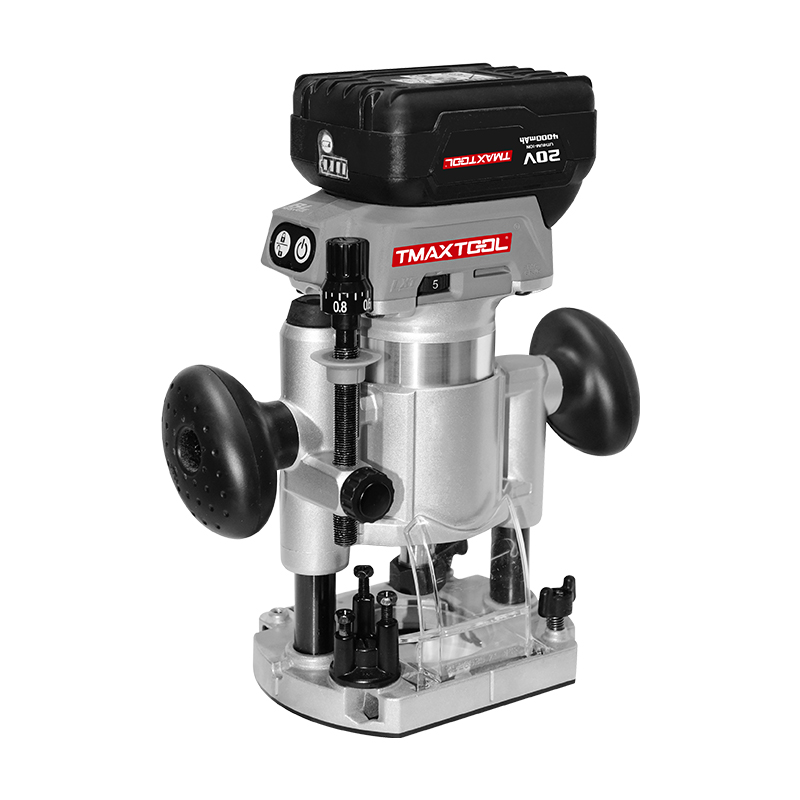 Wood Router
Wood Router
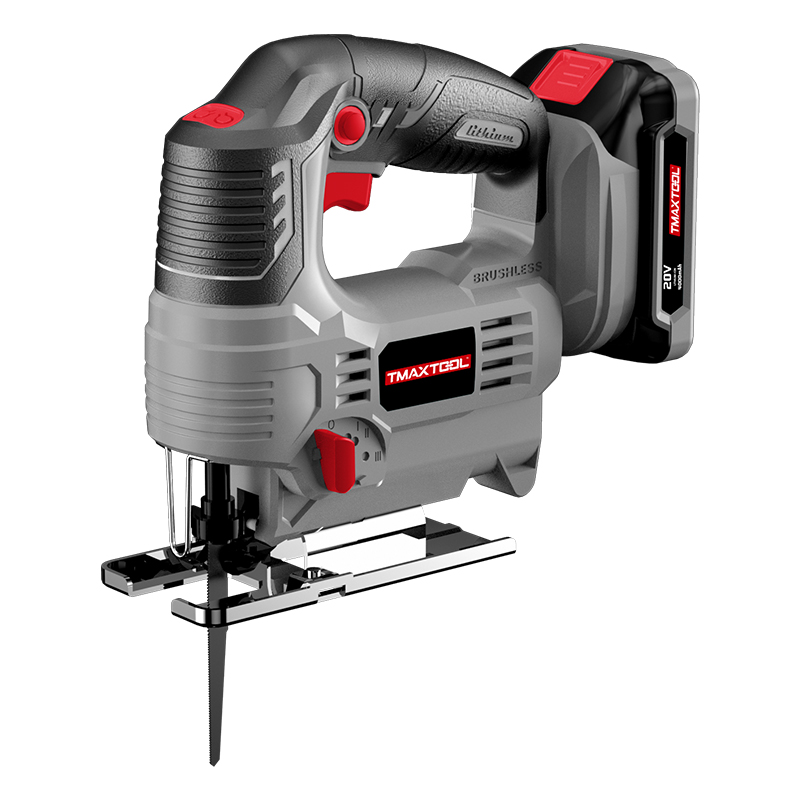 Jig Saw
Jig Saw
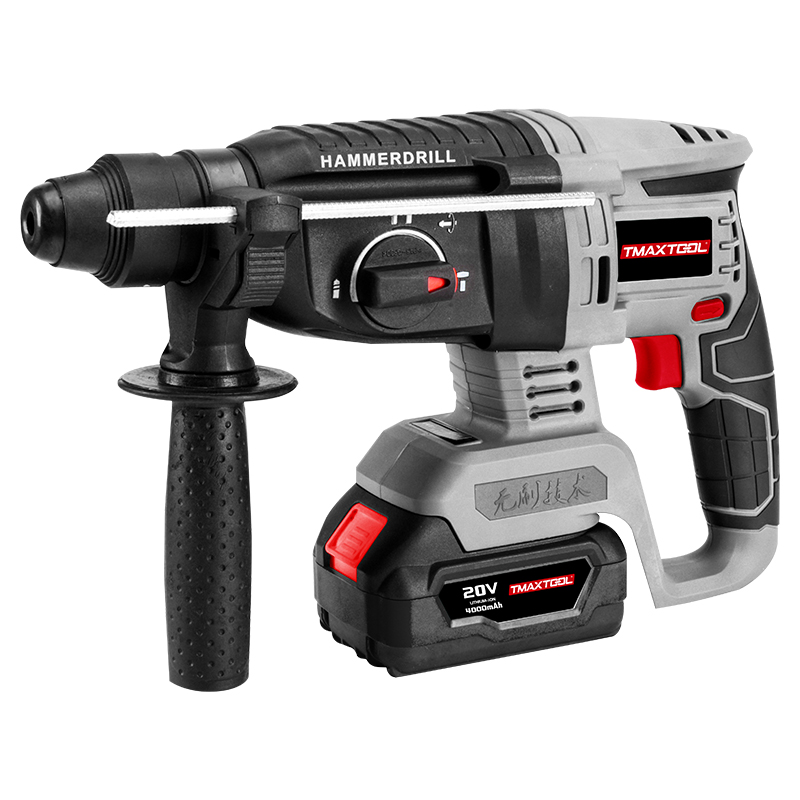 Hammer Drill
Hammer Drill
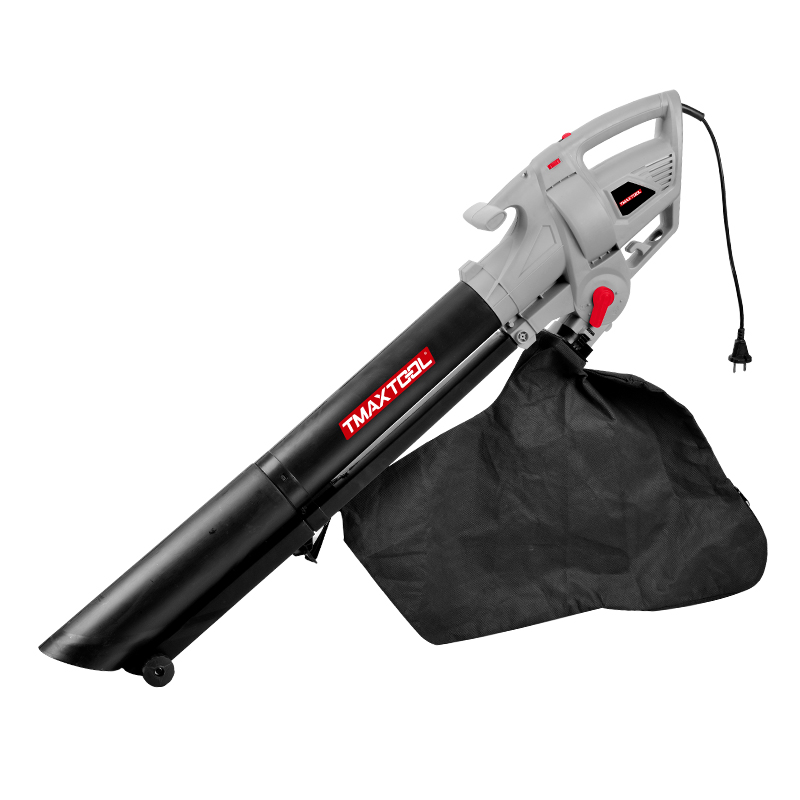 Portable Blower
Portable Blower
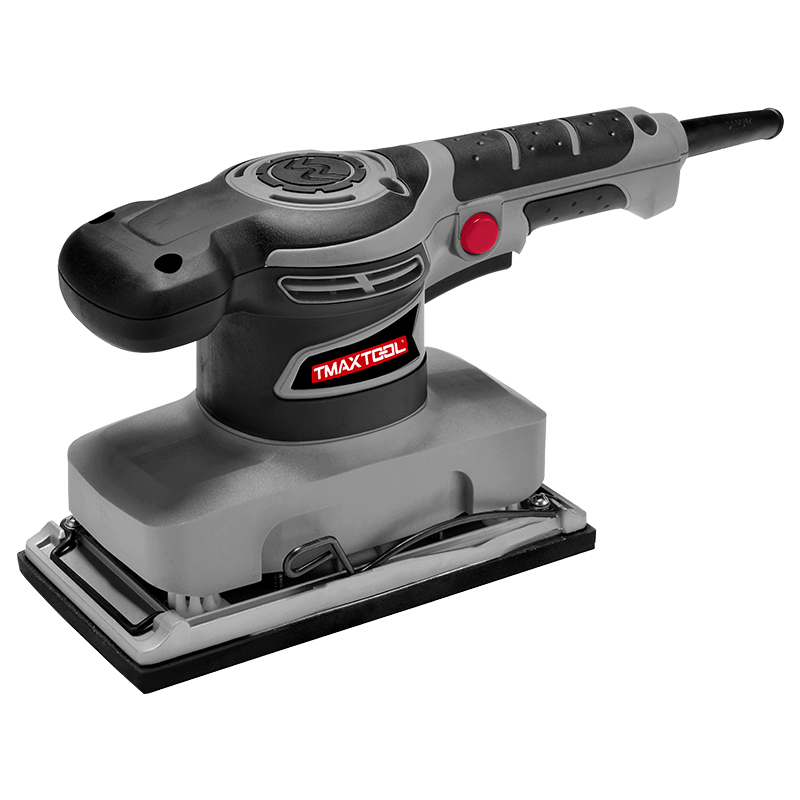 Orbital Sander
Orbital Sander
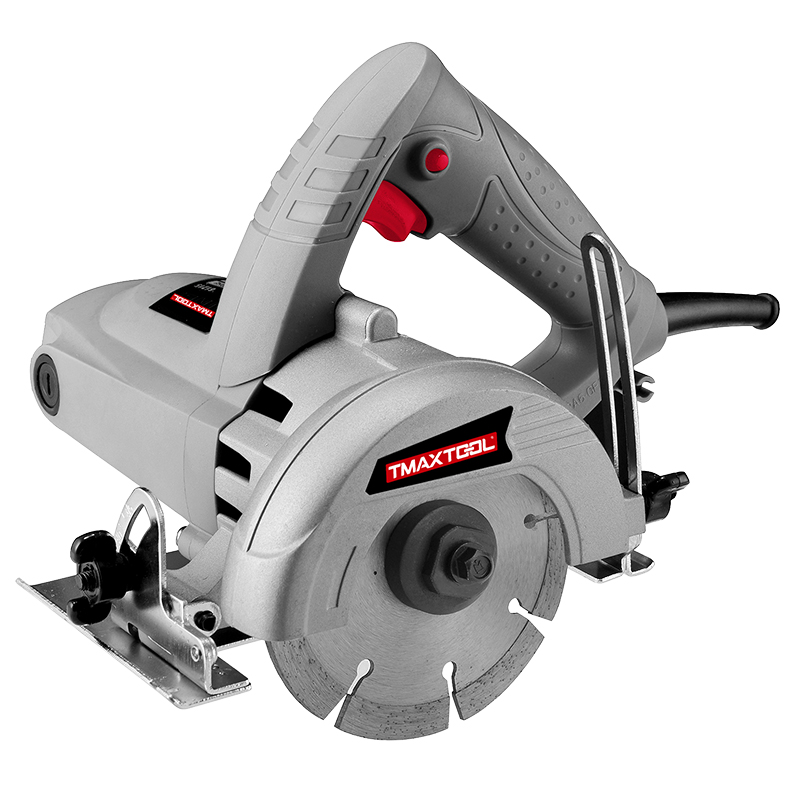 Marble Cutter
Marble Cutter
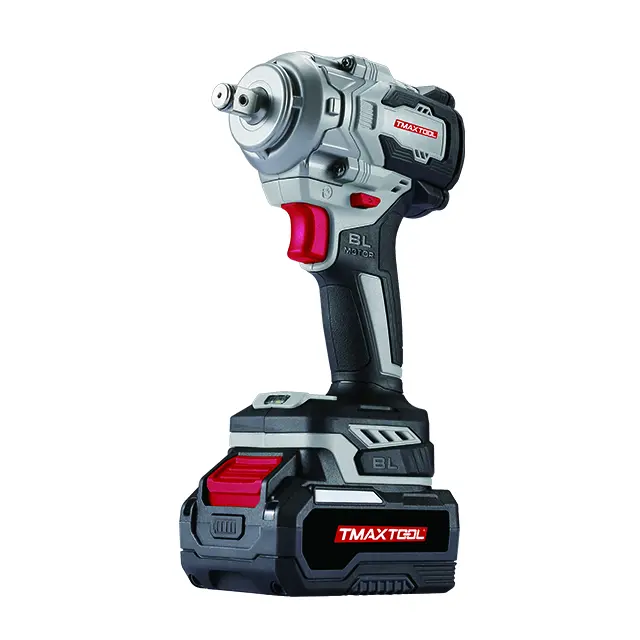 GARDEN TOOLS
GARDEN TOOLS
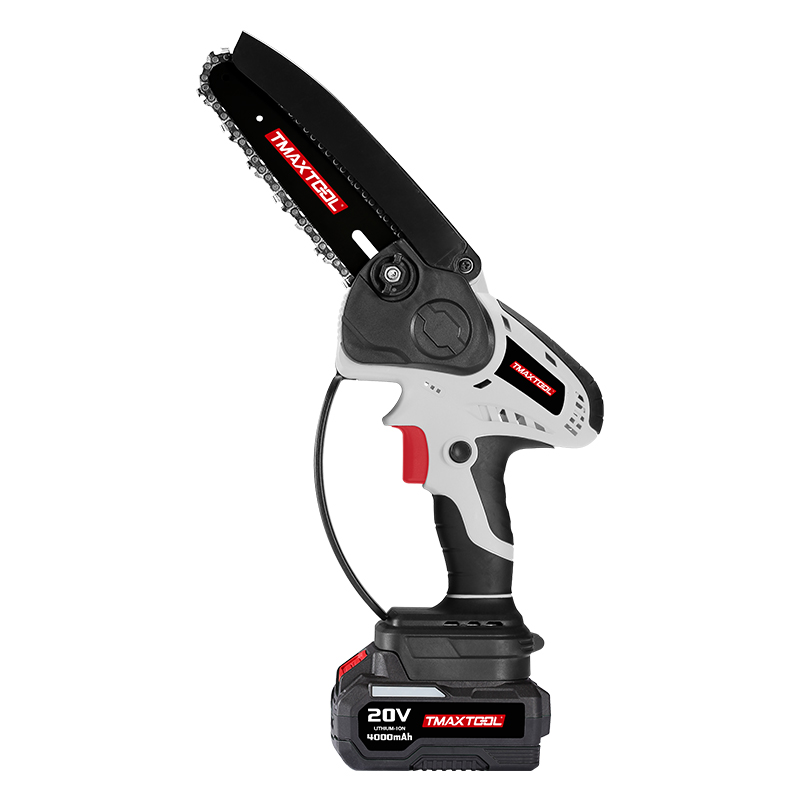 Battery Chain Saw
Battery Chain Saw
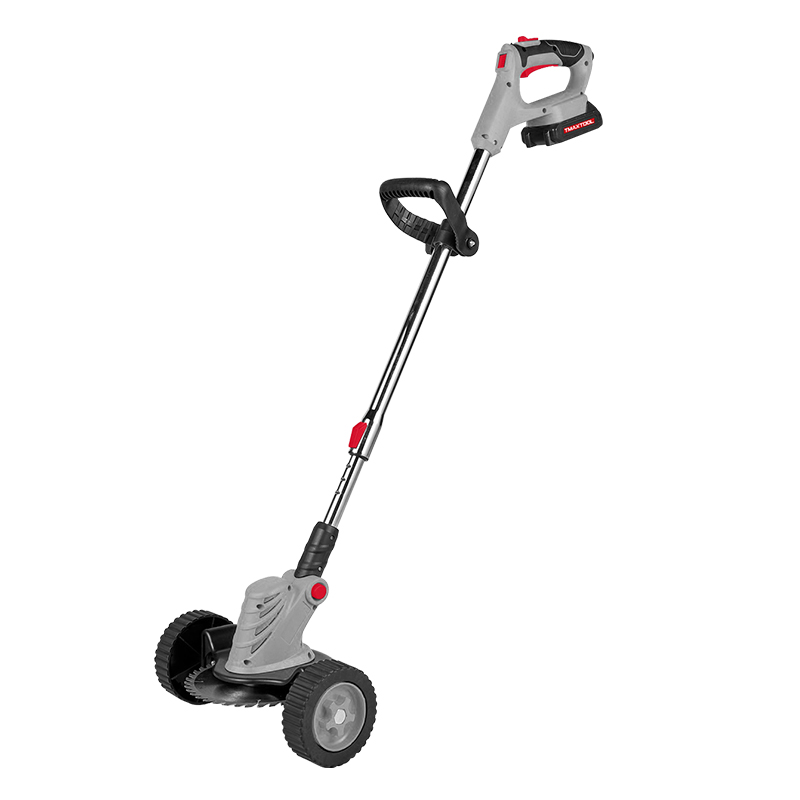 Battery Brush Cutter
Battery Brush Cutter
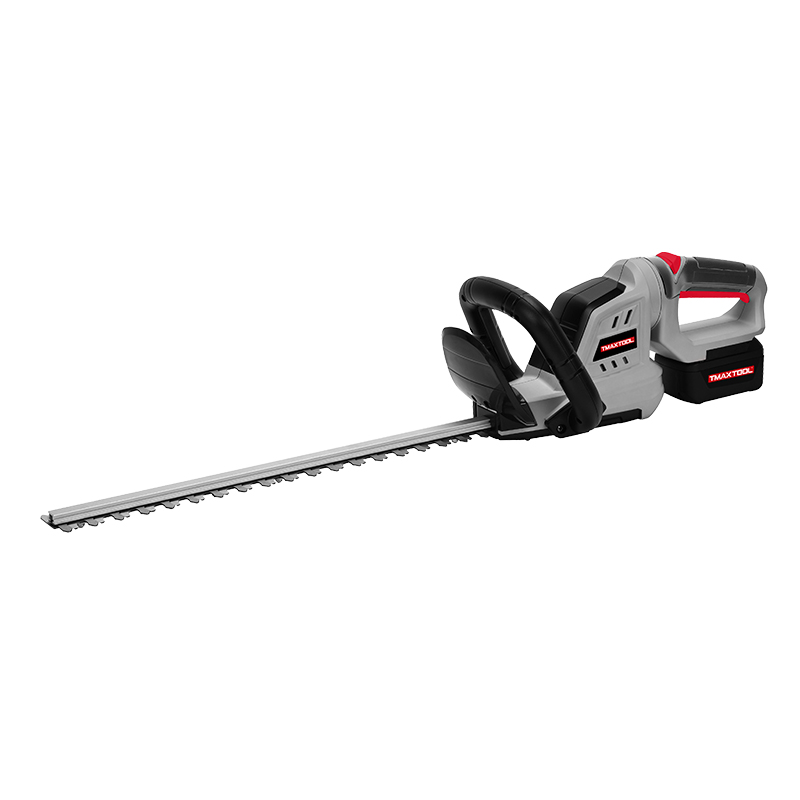 Battery Hedge Trimmer
Battery Hedge Trimmer
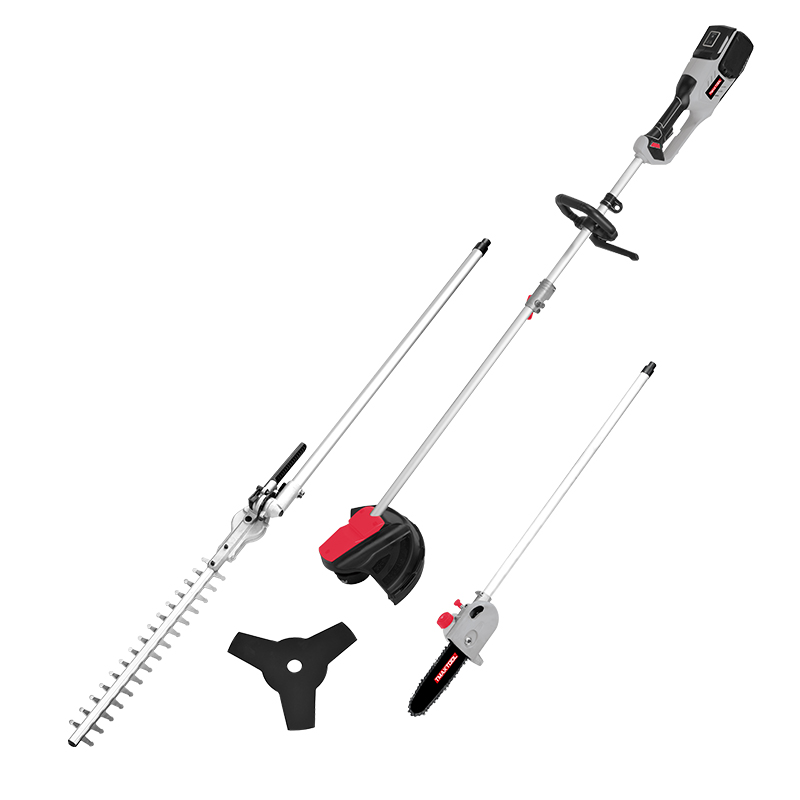 Battery Multi Tool
Battery Multi Tool
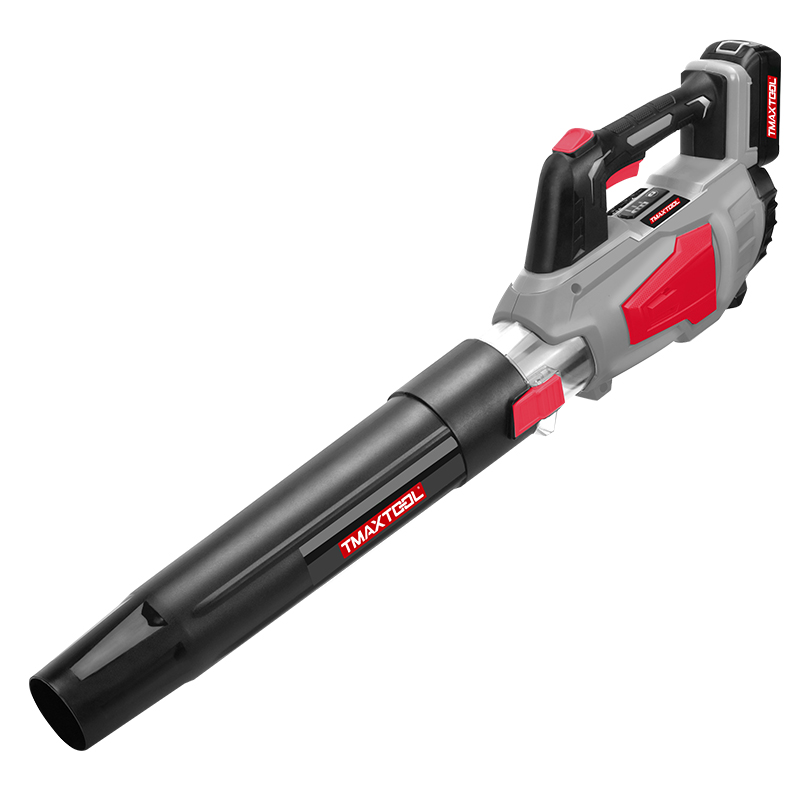 Battery Blower
Battery Blower
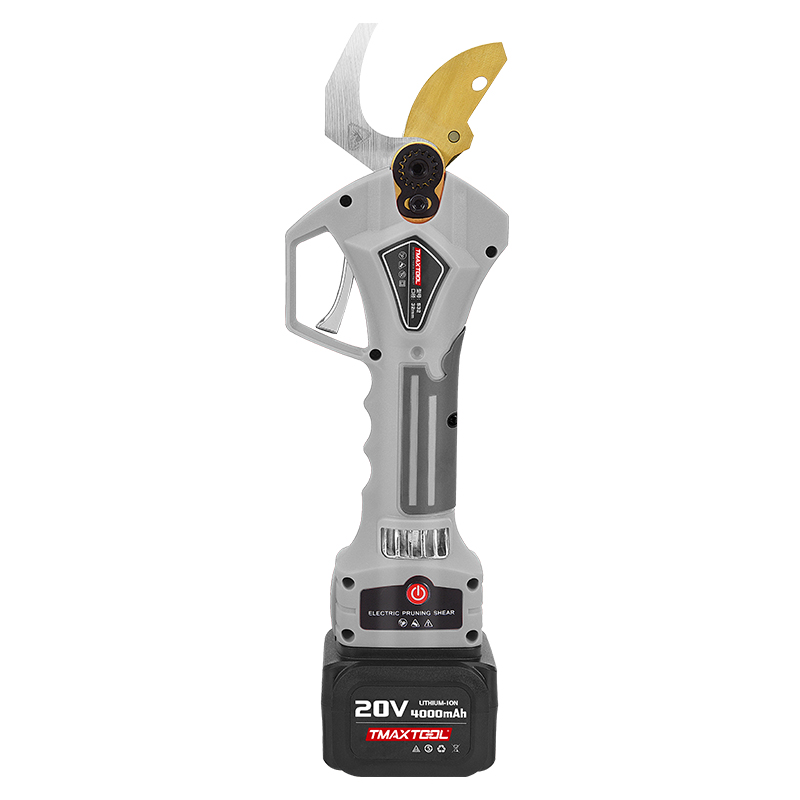 Batter Pruning Shears
Batter Pruning Shears
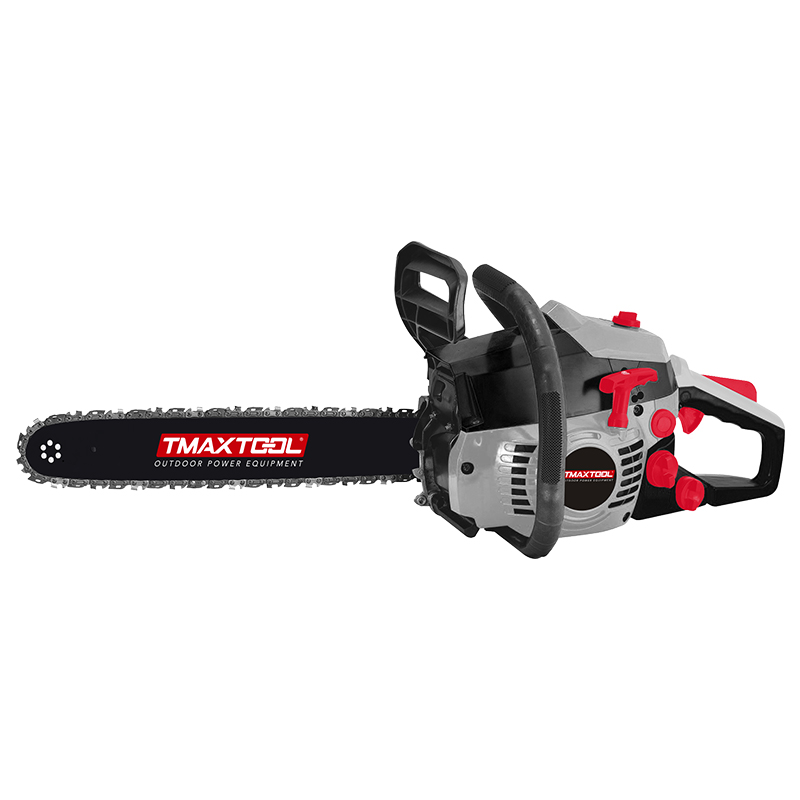 Chain Saw
Chain Saw
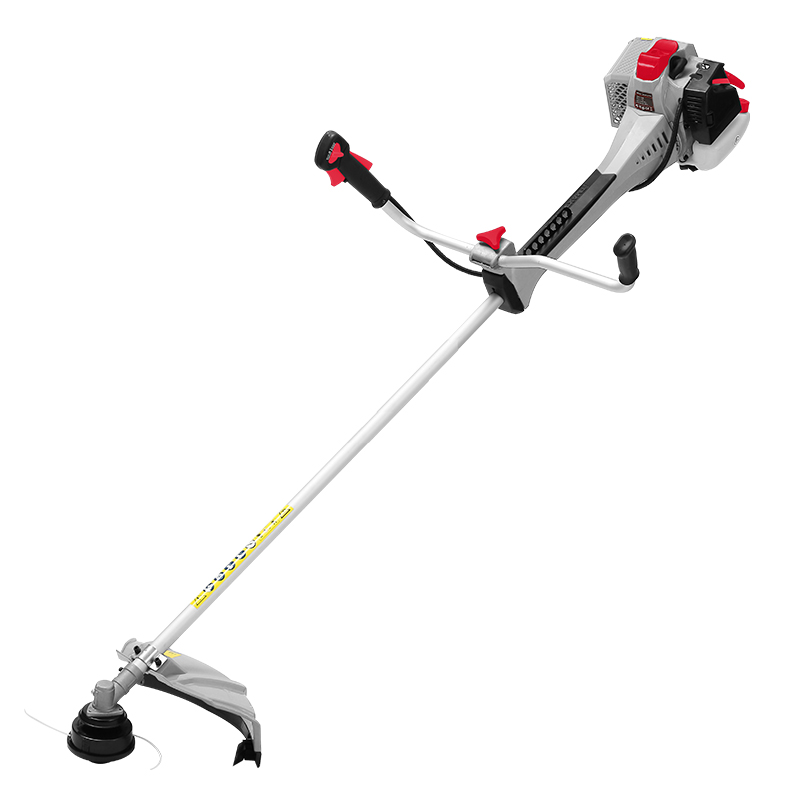 Brush Cutter
Brush Cutter
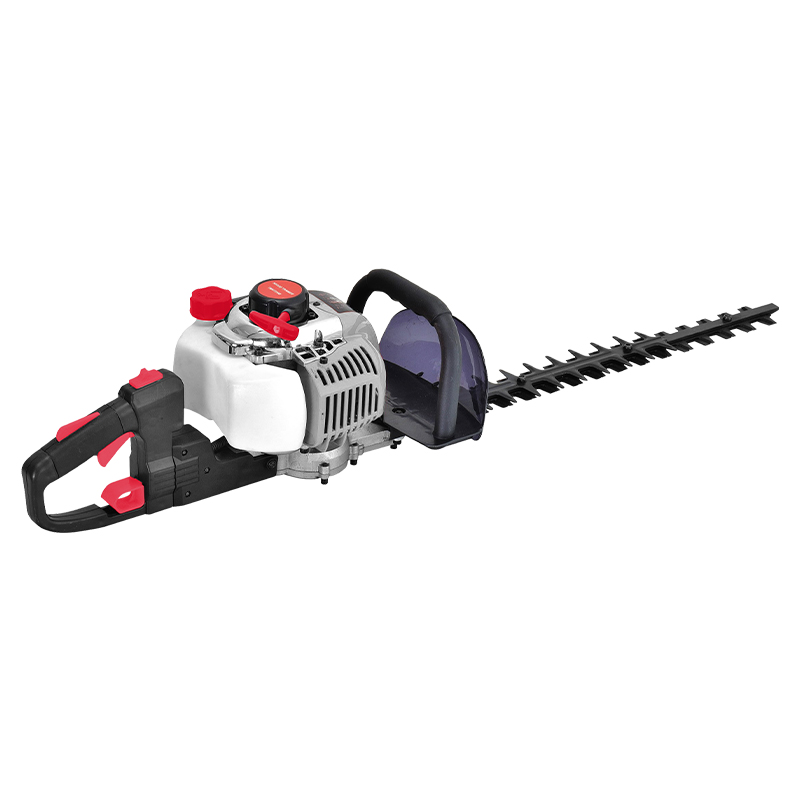 Hedge Trimmer
Hedge Trimmer
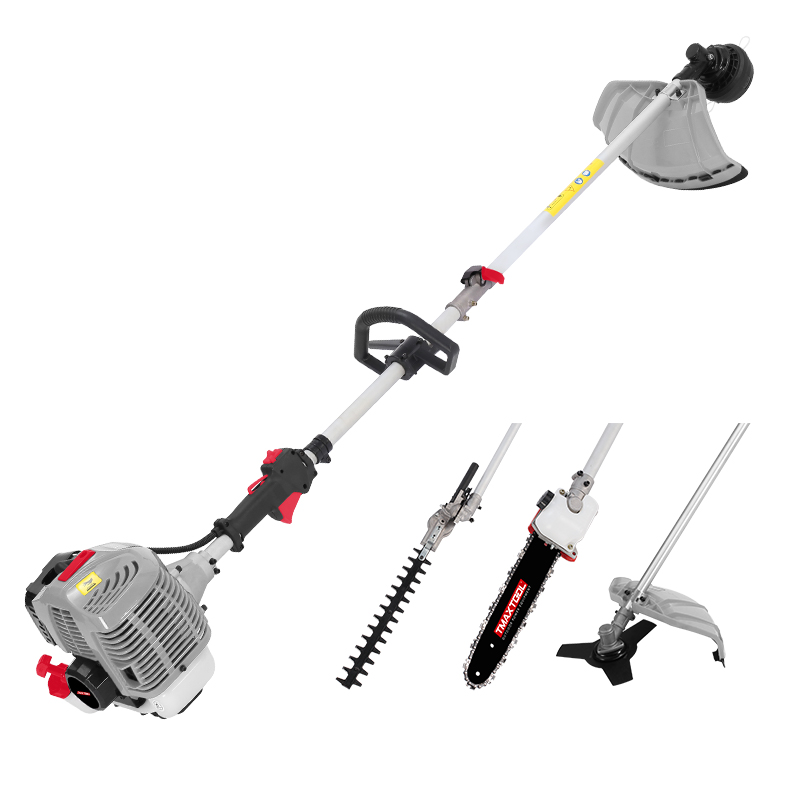 Multi Tool
Multi Tool
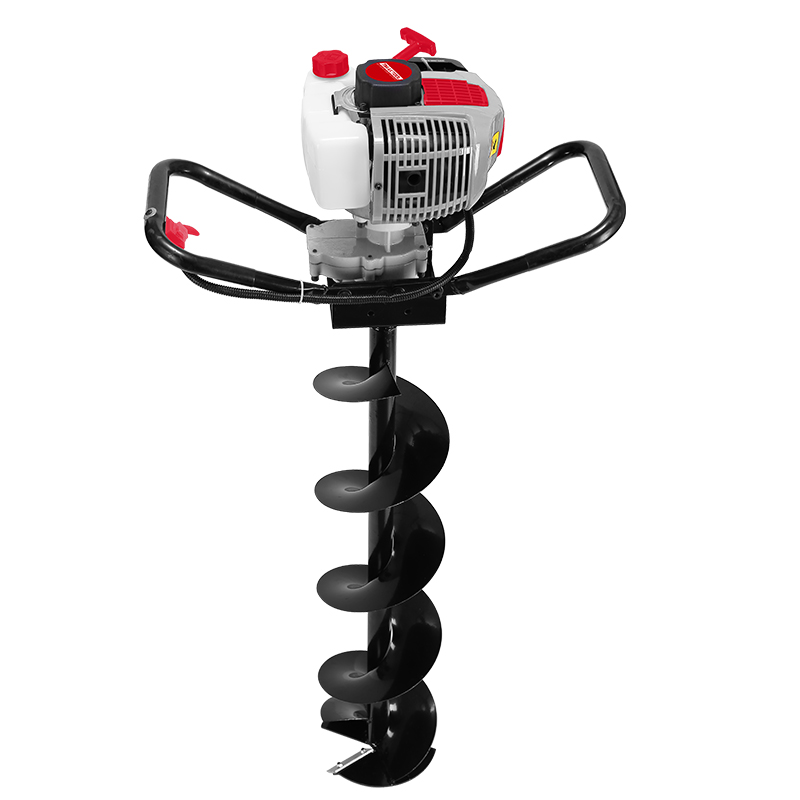 Earth Auger
Earth Auger
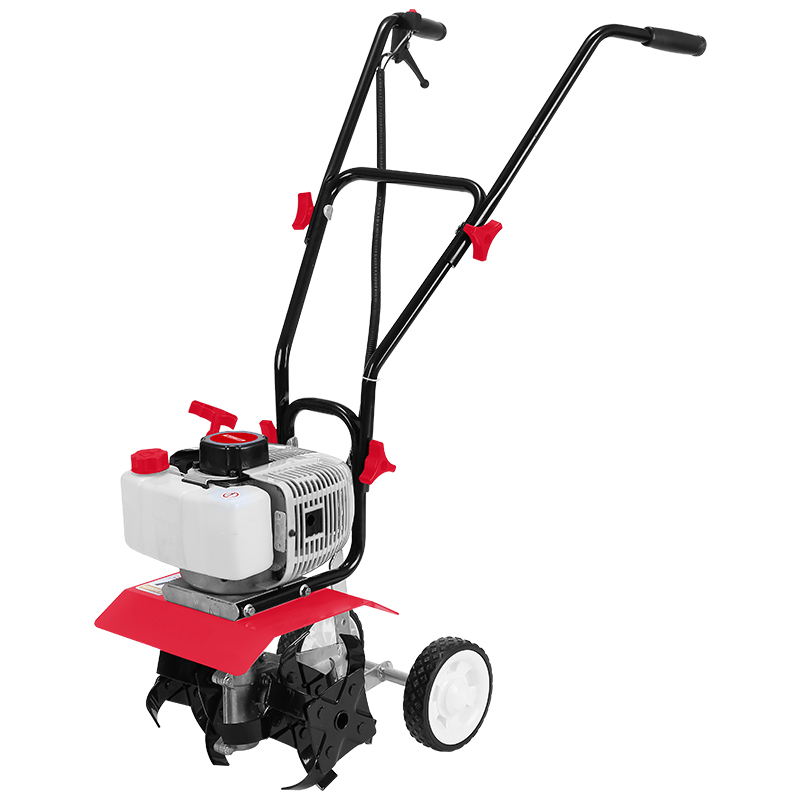 Tiller
Tiller
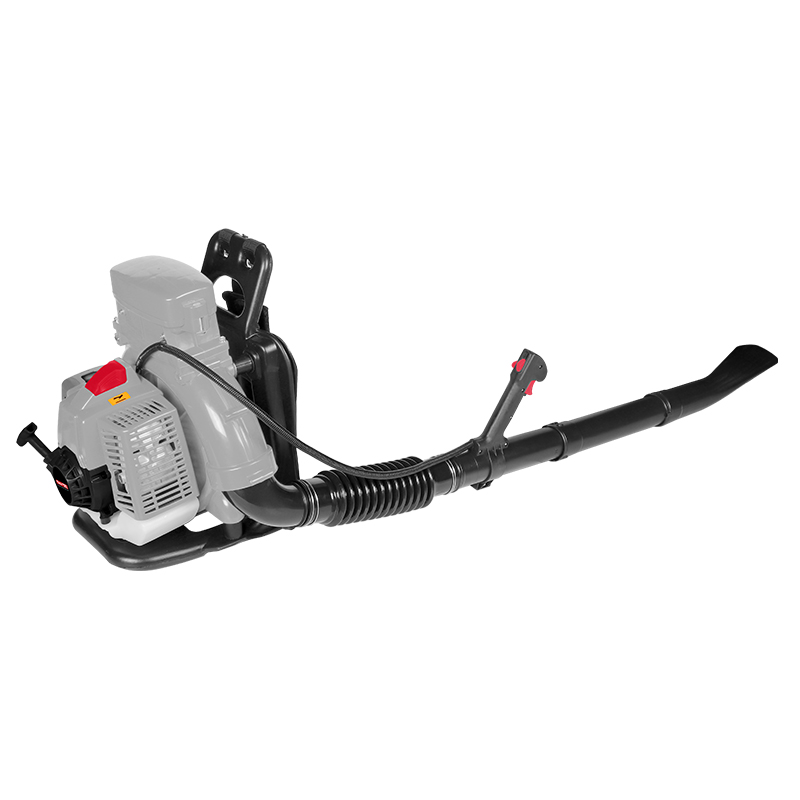 Blower
Blower
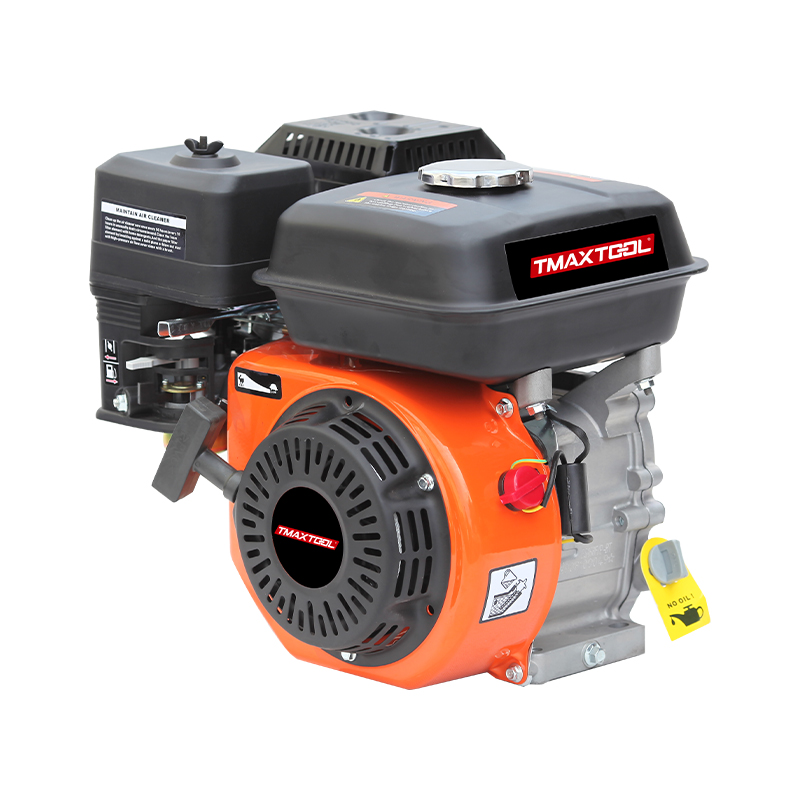 4 Stroke Gasoline Engine
4 Stroke Gasoline Engine
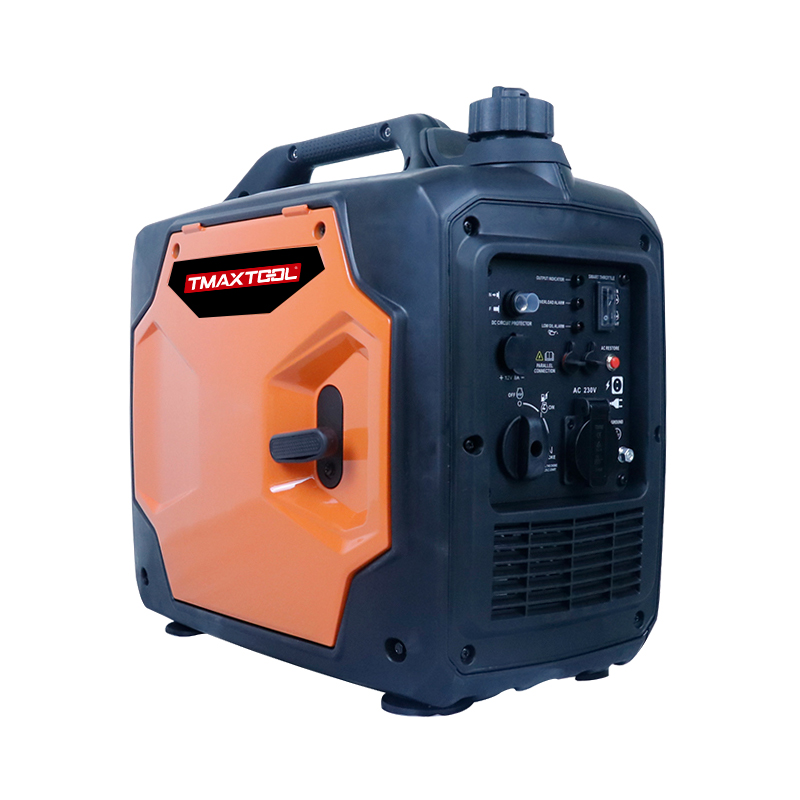 Generator
Generator
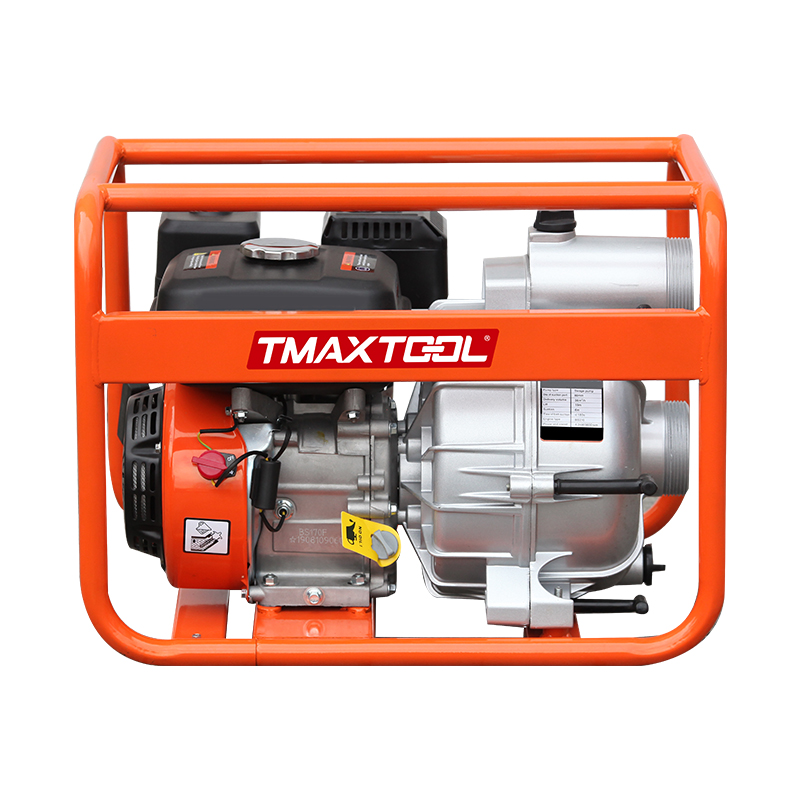 Water Pump
Water Pump
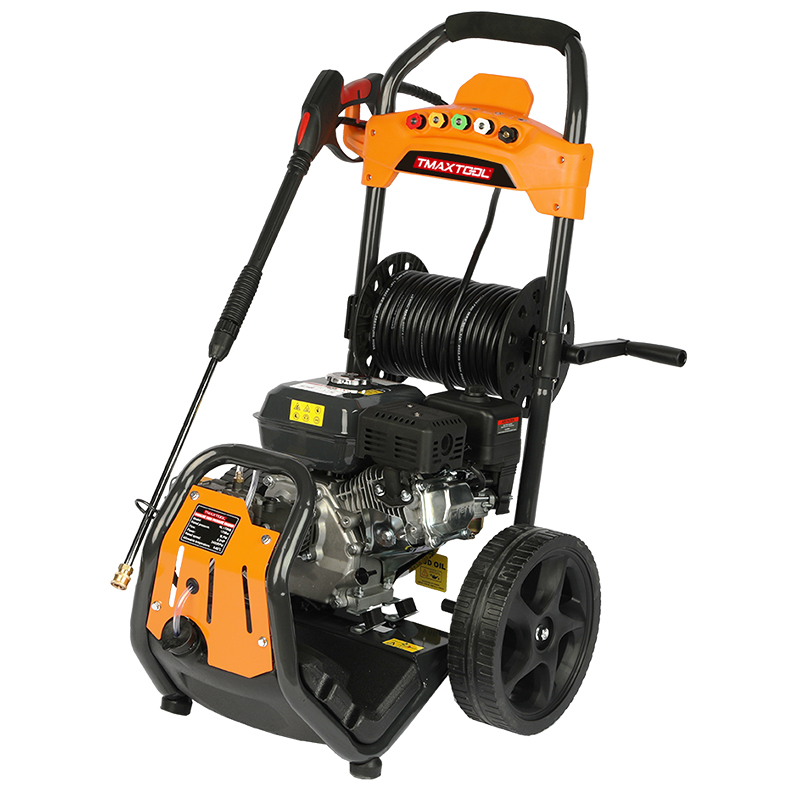 High Pressure Washer
High Pressure Washer
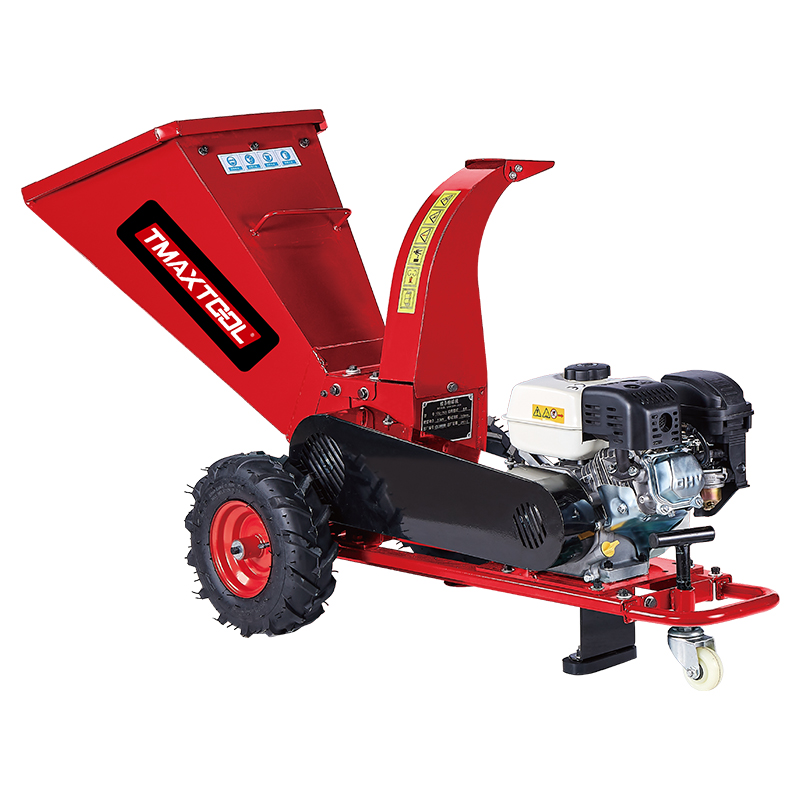 Wood Cutter
Wood Cutter
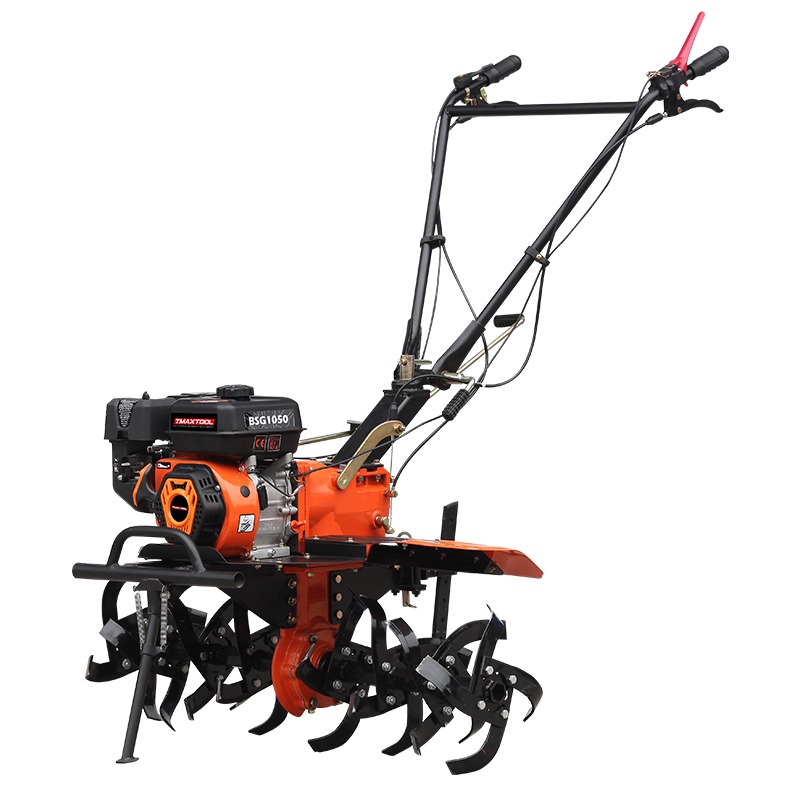 4 Stroke Tiller
4 Stroke Tiller
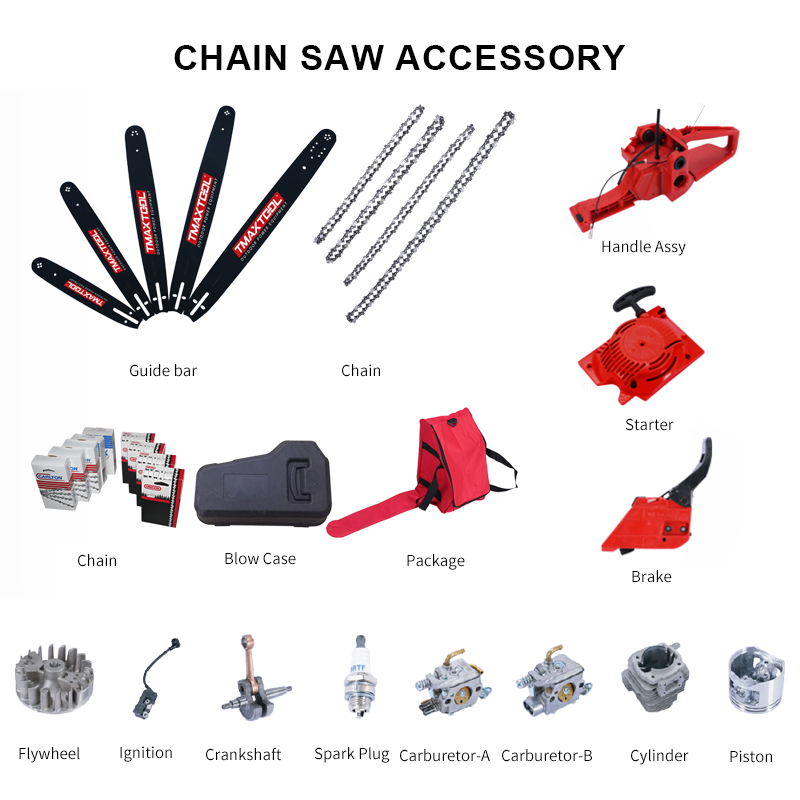 Chain Saw Accessory
Chain Saw Accessory
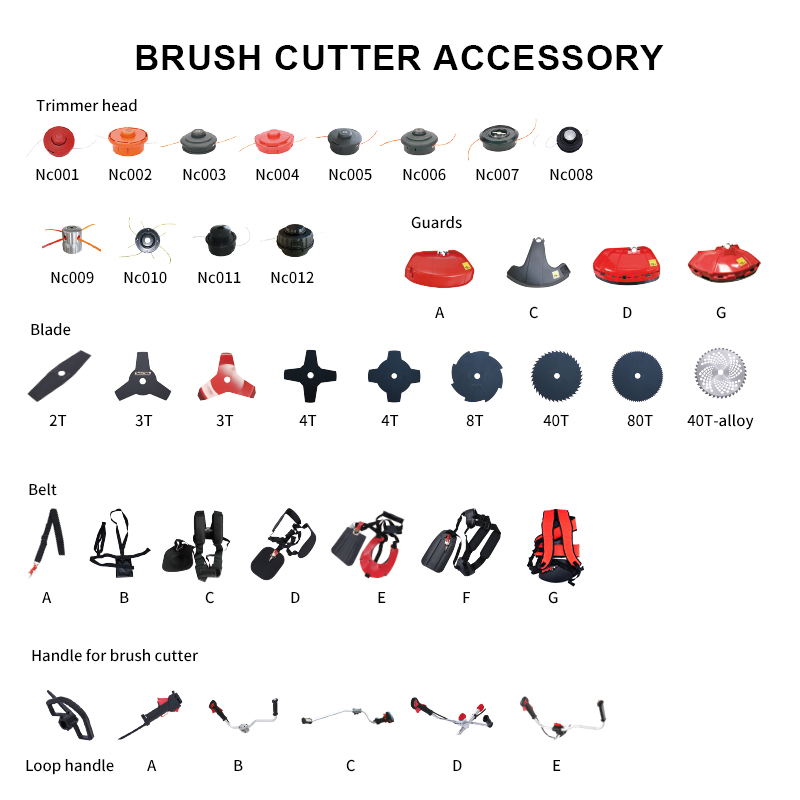 Brush Cutter Accessory
Brush Cutter Accessory
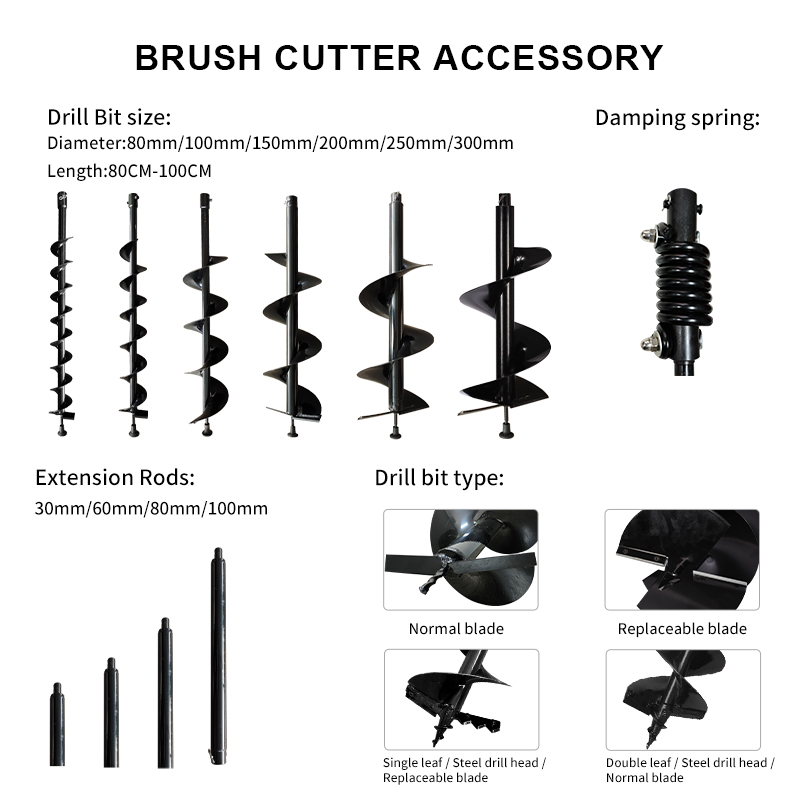 Earth Auger Accessory
Earth Auger Accessory
 Protective Equipment Accessories
Protective Equipment Accessories

